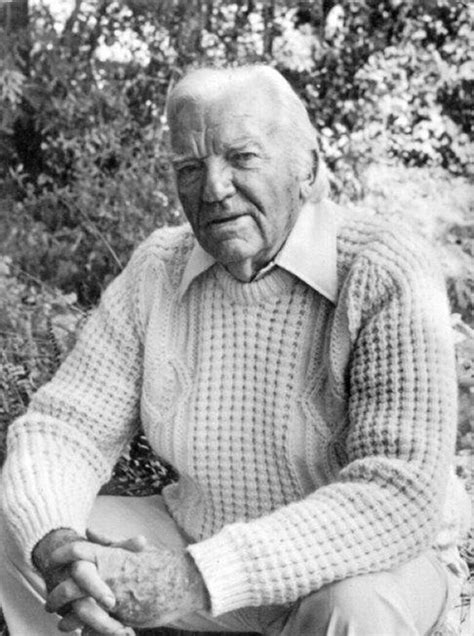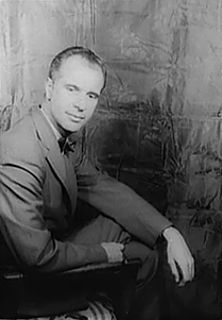A Quote by Edward M. Lerner
History buffs expect historical background in historical fiction. Mystery readers expect forensics and police procedure in crime fiction. Westerns - gasp - describe the West. Techno-thriller readers expect to learn something about technology from their fiction.
Related Quotes
I respond very well to rules. If there are certain parameters it's much easier to do something really good. Especially when readers know what those are. They know what to expect and then you have to wrong-foot them. That is the trick of crime fiction. And readers come to crime and graphic novels wanting to be entertained, or disgusted.
The annual award of $5,000 goes to an author for a meritorious book published in the previous year for children or young adults. Scott O'Dell established this award to encourage other writers--particularly new authors--to focus on historical fiction. He hoped in this way to increase the interest of young readers in the historical background that has helped to shape their country and their world.


































